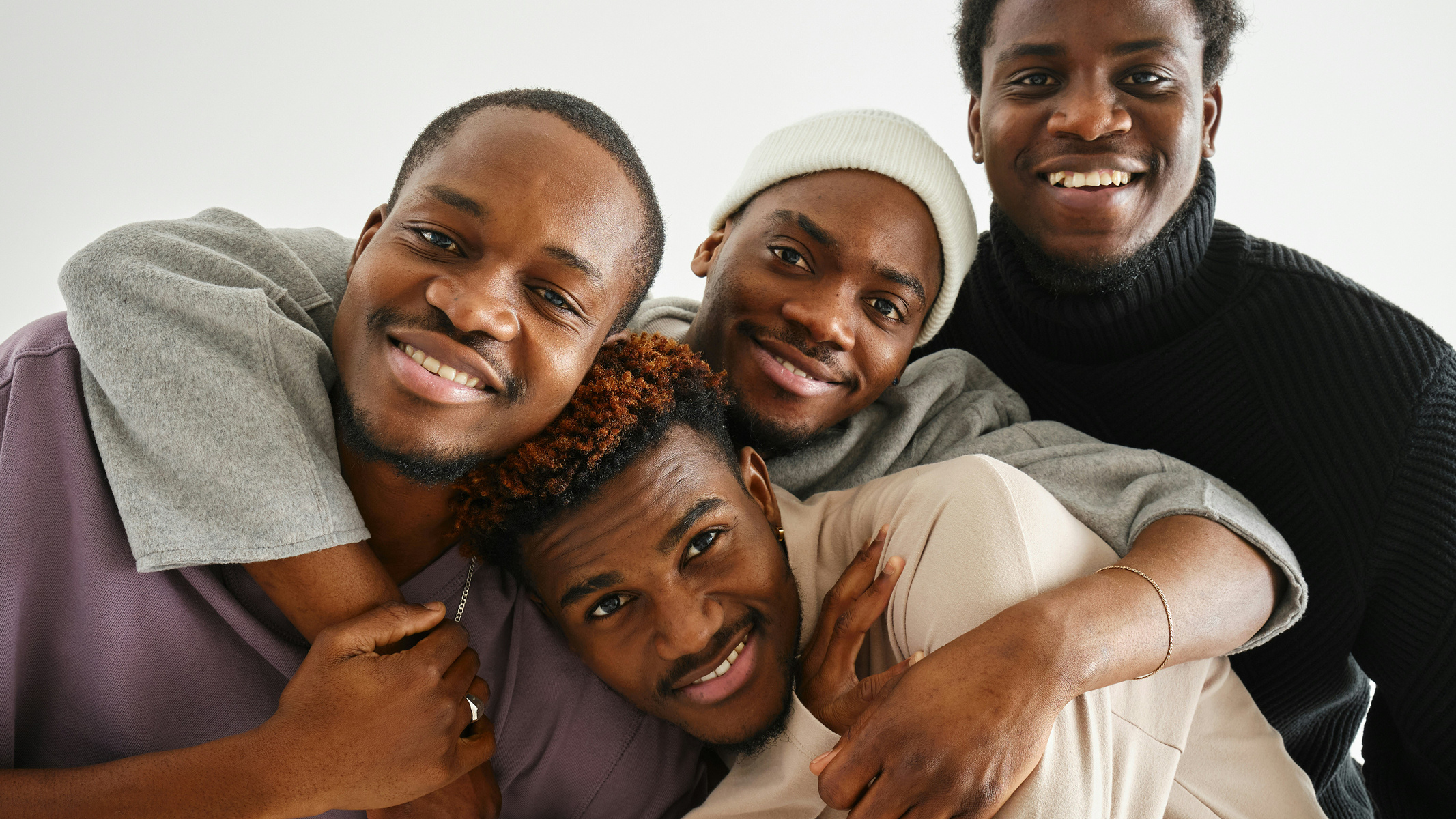The Importance of Male Mentorship in Recovery Programs
Recovery is often viewed as simply abstaining from drugs and alcohol. But it’s much more than that. It’s about building a quality of a life that’s meaningful and sustainable. To do that, you need help. No one walks this road alone.
For many men, the turning point in their recovery journey wasn’t the therapy or going to 12-step meetings - it was the connections they formed with other men who’ve walked the same path. Male mentorship in recovery programs isn’t just helpful; it’s transformative.
The Missing Link: Why Men Struggle with Connection
Our society has a funny way of teaching men to keep their struggles to themselves. Maybe you’ve heard it before: “Man up,” “Handle it,” or the classic, “Don’t let them see you cry.” While these messages might seem harmless or even helpful at times, they often leave men feeling isolated. Addiction survives in isolation, creating a vicious cycle that’s hard to break.
Real recovery, however, thrives in community. Breaking down the barriers to that connection can feel like climbing a mountain. That’s where mentorship (sometimes called a sponsor) comes in. A mentor, someone who’s been there and truly understands, can help break through the walls built by shame and silence, offering a path toward healing and trust.
What is Male Mentorship in Recovery?
Mentorship in recovery isn’t about giving orders or trying to fix someone. It’s about mutual respect, guidance, and shared experiences. Male mentorship pairs someone further along in their recovery journey with someone newer to the process. Think of it as having a guide who’s already navigated the terrain you’re just beginning to explore.
It’s about progress, not perfection. Mentors aren’t saints or superheroes; they’re real people who’ve made mistakes, learned from them, and want to help others do the same. Sometimes, just knowing someone else understands what you’re going through can be life-changing.
Why Male Mentorship Matters in Recovery
Relatability
There’s something uniquely comforting about hearing someone say, “Yeah, I’ve been there.” Male mentors often share the same struggles, fears, and victories as the men they’re guiding. That shared experience creates a sense of belonging - a reminder that you’re not alone.
Accountability
Recovery isn’t easy, and it’s tempting to fall back into old habits. Mentors aren’t there to judge you. They’re there to challenge you. They’ll call you out (with love) when you’re slipping and cheer you on when you’re making progress. Accountability can make the difference between staying the course and losing your way.
Breaking the Cycle of Toxic Masculinity
Men aren’t always taught how to open up emotionally. Mentorship creates a safe space to do just that. It’s a space where vulnerability isn’t a weakness but a strength. Mentors model healthy masculinity by showing it’s okay to ask for help, feel emotions, and lean on others.
Building Trust
Trust can be hard to rebuild, especially if addiction has strained relationships with family or friends. A mentor is someone you can practice trust with. It’s a low-pressure way to rebuild the skills needed for healthy relationships.
Hope & Inspiration
Seeing someone who’s overcome addiction and built a life they’re proud of can be deeply inspiring. Mentors are living proof that recovery is possible.
How to Find Mentorship in Recovery
Join a 12-Step Program
Programs like Alcoholics Anonymous or Narcotics Anonymous often have built-in sponsorship systems. A sponsor is essentially a mentor - someone who’s been through the 12-steps and can act as your spiritual guide through them.
Participate in Treatment Programs
Get Involved in Peer Support Groups
Look for groups that focus on building community, like men’s recovery circles. These groups provide a space to connect, share, and grow alongside other men.
Stay Open
Mentors don’t always come with a title. Sometimes, the best mentors are the people you meet along the way. Could be a counselor, a fellow group member, or even a friend who’s further along in their recovery.
The Power of Connection
Recovery isn’t something you do alone and it’s not supposed to be. Male mentorship and friendship bring something special to the table. If you’re considering addiction treatment, don’t overlook the power of these relationships. They could be the key to not just staying sober but building a life that’s rich, meaningful, and full of connection.
If you’re ready to start on your own recovery journey, give Serenity Park a call today. No man has to face recovery, or life, alone.







Submit Your Comment